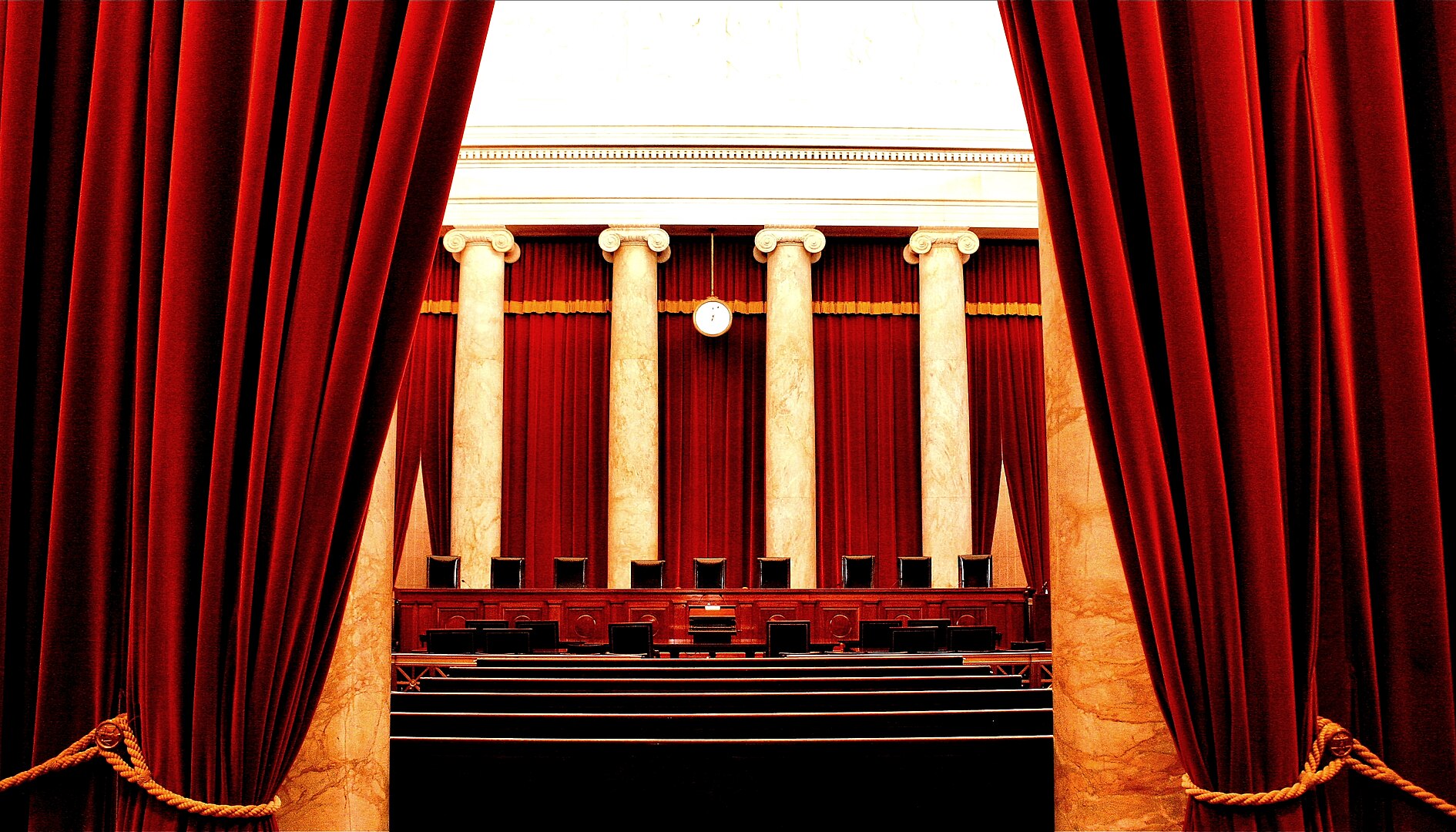An appeals court has ruled 7-4 that President Trump’s use of tariffs is illegal, and supplants the traditional role of Congress in applying or removing customs duties.
The ruling, though perhaps expected and not yet over and done with, threatens to upend the foundations of Trump’s economic agenda. The Court of Appeals for the Federal Circuit in Washington, DC allowed the “reciprocal” tariffs to remain in force until October 14th to give the Administration time to file an appeal with the Supreme Court.
In April, Trump announced a series of comprehensive import taxes on all of America’s trading partners. Though put on hold until August, it severely disrupted global markets and forced thousands of companies to consider massive structural reorganizations. Many nations scrambled to appease the Oval Office, and multiple new trading agreements were signed with the nation’s largest markets, such as Japan, the EU, Indonesia, and Vietnam.
Others, such as Brazil, India, and China, resisted.
Trump invoked a 1977 law called the International Emergency Economic Powers Act (IEEPA), a subdivision of the National Emergencies Act of 1976, to apply the across-the-board tariffs, which he claimed allowed him to supplant Congress’ authority since the nation’s trade deficits were a “national emergency”.
“The statute bestows significant authority on the President to undertake a number of actions in response to a declared national emergency, but none of these actions explicitly include the power to impose tariffs, duties, or the like, or the power to tax,” said the 11-judge panel in its decision. “It seems unlikely that Congress intended, in enacting IEEPA, to depart from its past practice and grant the President unlimited authority to impose tariffs”.
Trump opined that “if these tariffs ever went away, it would be a total disaster for the Country,” a statement that if it could be believed was topped by his trade advisor, Peter Navarro, who said simply it would be the “end of the United States”.
Analysis
The Week estimated it wouldn’t be such a sure thing to get the decision reversed in the Supreme Court, despite it maintaining a strong conservative majority, and so might favor the GOP leader. The plaintiffs in the appellate court case, however, relied on “arguments the [SCOTUS] justices themselves used to strike down excesses they found in Biden Administration policies”.
The Week continued its summary by noting that Trump could simply ask this much more compliant Congress to grant him the unlimited tariff authority he seeks, a thing less-imaginable in 1977 America. Additionally, the Supreme Court, Axios noted, hasn’t in recent times interfered with any president’s assertion about national emergencies.
To wit, there are 49 active national emergencies going back to presidents Carter, H.W. Bush, and Clinton, with Trump himself having declared 17 including the one regarding reciprocal tariffs.
The justification presented by the Oval Office included the unabated trafficking in Fentanyl coming across the southern border, but also because the US imports more than it exports, which the executive order which applied the tariffs said endangered national security through eroding the production of war material and undercutting American manufacturing.
WaL has previously attempted to gather perspectives on the concept of trade deficits as bad, but in traditional economics, that’s just not the case. All nations will have trade deficits with countries who maintain a comparative advantage over them. Scotland, for example, maintains a significant trade deficit in oranges with Spain, which maintains a significant trade deficit in salmon with Scotland.
Furthermore, most nations on Earth have a trade deficit with the US in the realm of services. American Social media, search engines, cloud storage, e-commerce, legal services, banking and other financial tools, dominate global service exports. The US exports more services than China three-times over. It exports more services than the UK and Germany combined, or Germany, Ireland, and Japan combined. It exports more than every nation in BRICS+ combined by several hundred million a year. It maintains the world’s largest service surplus of $295 million.
It is almost invariably because the nation has become a service-sector economy that it’s declined as a manufacturing nation.
“While Trump’s industrial policy may create some manufacturing jobs, the American economy’s shift away from domestic production was structural, the result of long-running changes in our labor force and technology that neither tariffs nor subsidies can reverse,” wrote Allison Schrager, a senior fellow at the Manhattan Institute, for City Journal shortly after the tariffs were announced.
It’s doubtful there will be time in the Supreme Court case to hear a lecture in economics, but the US has imported more than it’s exported for decades, while the GDP of the nation has grown all the while: hardly amounting to an emergency.
“I think it puts Trump’s entire economic agenda on a potential collision course with the Supreme Court. It’s unlike anything we’ve seen ever,” said Josh Lipsky, chair of international economics at the Atlantic Council. WaL
We Humbly Ask For Your Support—Follow the link here to see all the ways, monetary and non-monetary.
PICTURED ABOVE: The interior of the United States Supreme Court. PC: Phil Roeder, via Flickr, CC 2.0.



